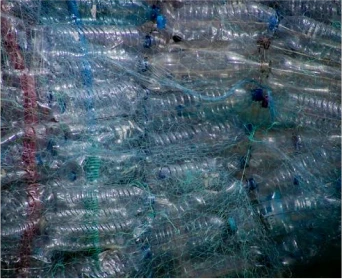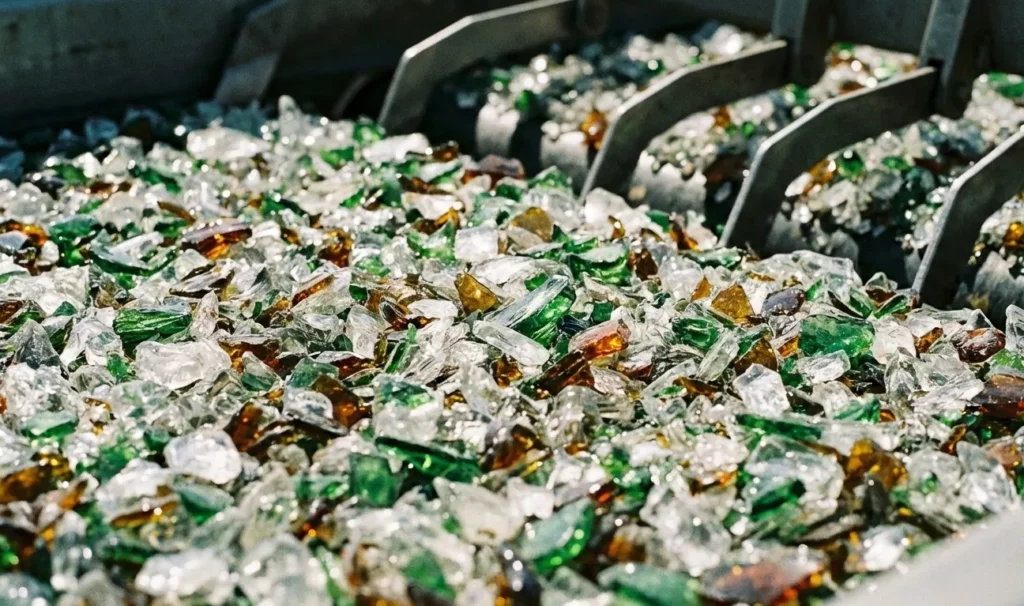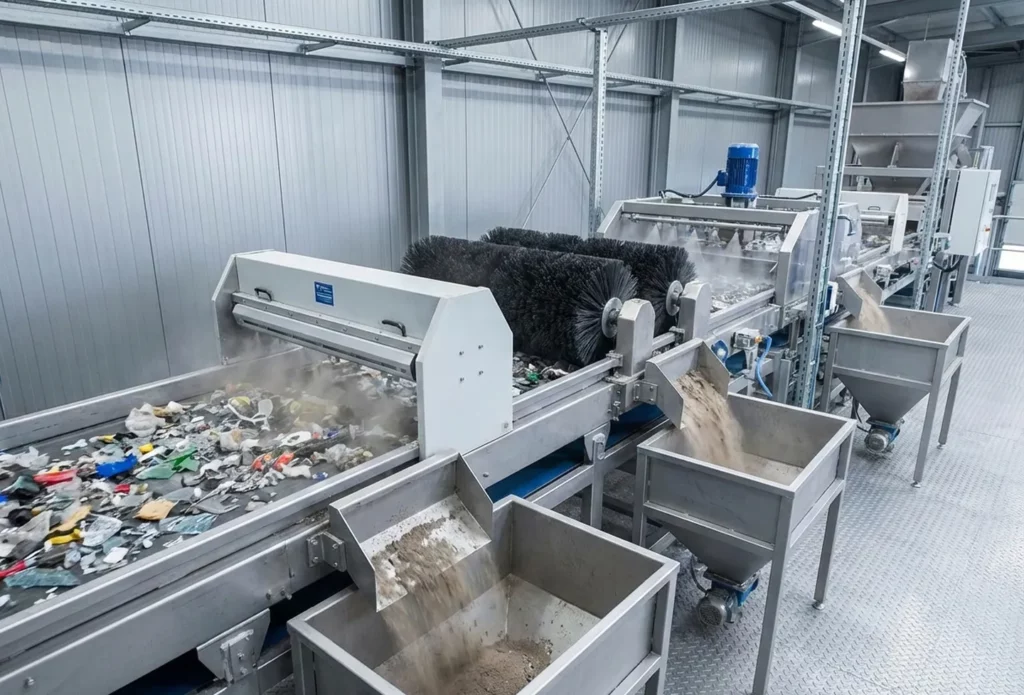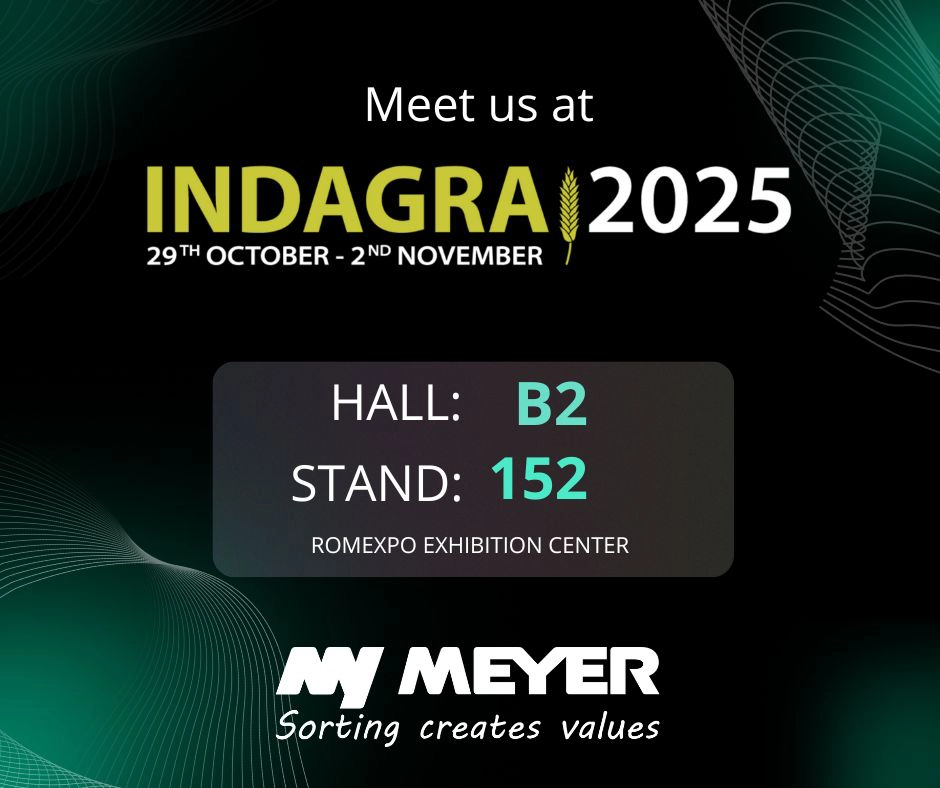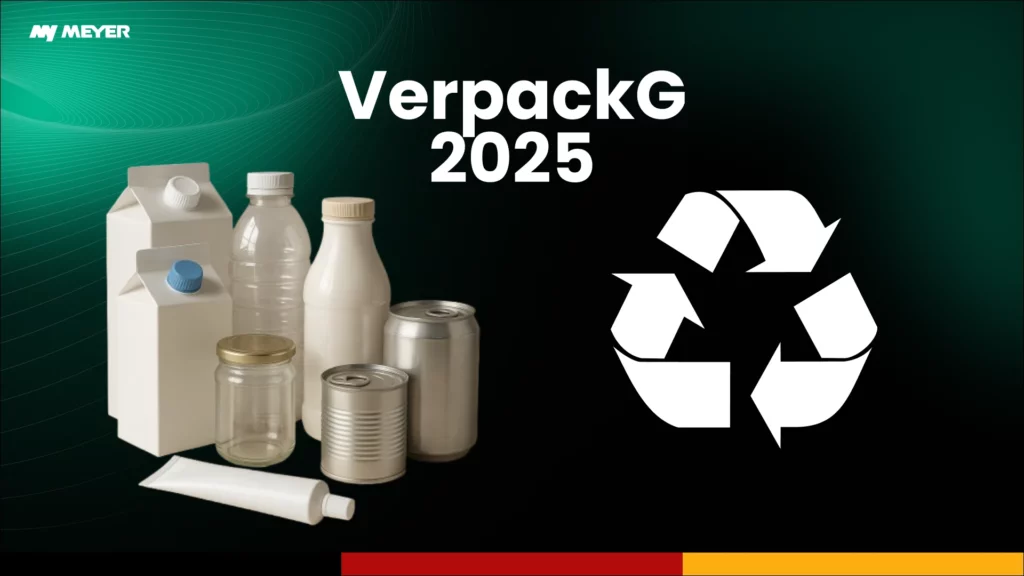Introduction
Plastic pollution has become one of the most urgent environmental challenges of our time. Millions of plastic bottles are produced, consumed, and disposed of each day, with far too many ending up in rivers, forests, or littering city streets. Around the world, governments, companies, and individuals are searching for better ways to curb this mounting waste crisis. In Poland, an innovative solution is on the horizon: a nationwide bottle return system designed to make recycling simple, convenient, and rewarding.
This system is not only about collecting empty bottles. It aims to change how people behave. It also seeks to increase recycling rates. This helps create a circular economy, where materials are reused instead of thrown away.
Poland’s new program will give small refunds to people who return their empty bottles. This will help everyone view empty packaging as a valuable resource instead of worthless trash. While it may seem like a small step, these systems have worked well in other places. There is good reason to believe they can bring positive change to Poland too.
What Is a Bottle Return System?
A bottle return system is a program where consumers pay a small deposit when they buy a drink in a plastic bottle. They get that deposit back when they return the empty bottle.
The idea is simple: when we give money to things we usually throw away, people recycle more. Instead of plastic bottles going to bins, landfills, or sidewalks, they can be turned into valuable tokens. This change encourages people to dispose of them responsibly and helps recover materials.
These systems usually include a network of return points. These points are found in supermarkets, kiosks, and community centers. More often, they are also in high-tech recycling machines.
By making it easy to get deposits back, bottle return systems seamlessly fold recycling into the daily routine of consumers. Rather than relying solely on environmental goodwill, they create a direct, tangible incentive to do the right thing.
Why Is This Important?
Recycling alone cannot solve the global plastic crisis, but it is a critical piece of the puzzle. Without action, plastic waste accumulates rapidly, harming wildlife, clogging waterways, and entering our food chain. In Poland, like many nations, the rise in plastic consumption has not been matched by sufficient waste management infrastructure and public participation in recycling.
Bottle return systems provide a clear benefit. They help reduce litter and ensure high-quality plastic is collected for recycling. These systems also support efforts to meet strict recycling targets set by the European Union.
Additionally, these programs help shift social attitudes about plastic. Over time, they encourage consumers to become more aware of packaging choices and to recognize that used plastic has value. Bottle return systems help create a culture of sustainability. They remind people that simple actions, like returning a bottle, can have a positive impact on the environment.
When and Where Is It Happening?
Poland’s bottle return system is expected to be rolled out in phases, starting in major cities and regions where infrastructure can be quickly established. Gradually, the initiative will expand to smaller towns and rural areas, ensuring that the entire population can participate. Early adoption by large retailers and beverage producers will be key to its initial success. These stakeholders are already preparing for the program by setting up return stations and integrating refund mechanisms into their operational systems.
Within a few years, returning empty bottles for a deposit refund could become as familiar and routine as recycling paper or sorting household waste. From Warsaw to Wrocław, from Gdańsk to the smallest village grocer, the system will be there—convenient, accessible, and ready to take Poland’s recycling efforts to a new level.
Potential Impact on Poland
The implementation of a bottle return system can deliver sweeping benefits for Poland. On the environmental front, it stands to greatly reduce the number of bottles that end up as trash in landfills and natural habitats. This reduction in litter means cleaner streets, healthier ecosystems, and fewer plastics making their way into rivers and oceans.
Economically, the program can stimulate growth in the recycling sector. Higher volumes of collected plastic will justify investment in advanced sorting and recycling facilities, creating jobs and spurring innovation. Local entrepreneurs may find opportunities in maintenance, logistics, and the development of smart recycling technologies. As Poland increasingly aligns itself with EU environmental directives, improved recycling performance will help the country meet its waste management obligations, bolstering its reputation as a responsible and forward-thinking European nation.
1. Understanding Bottle Return Systems
Bottle return systems (also known as deposit return systems) have a long history in some European countries. For decades, nations like Germany have incentivized the return of beverage containers with small monetary refunds. The result? German streets and public spaces are notably cleaner, and recycling rates for beverage containers often exceed 90%.
Similarly, Norway’s deposit return system has made it a world leader in plastic bottle recycling, proving that a combination of policy support, convenient infrastructure, and consumer incentives can achieve remarkable outcomes.
A 2017 study conducted in Germany by the Fraunhofer Institute found that automated return machines not only increased the overall return rate of beverage containers but also lowered the costs associated with manual sorting.
In Norway, a 2019 report by Infinitum—the organization running the country’s deposit system—showed that the widespread use of reverse vending machines helped achieve a return rate of over 90% for bottles and cans. These examples show that modern technology, combined with a well-designed deposit law, can make recycling more efficient and more appealing to the public.
These systems work best when they are easy to use. A consumer buys a beverage, pays an extra deposit—say, a few groszy per bottle—and later returns the empty container to a designated point or machine, receiving the deposit back.
The recovered bottles are then collected, processed, and reintroduced into the production cycle, conserving resources and energy. This cycle of materials goes from production to consumption, then to recycling, and back to production. It is a key part of the circular economy model.
Poland’s move toward a bottle return system draws inspiration from these established examples. The hope is that by adopting international best practices, Poland can rapidly scale its recycling efforts, leapfrogging some of the trial-and-error phases other countries faced and accelerating its journey toward sustainability.
2. Current Recycling Landscape in Poland
Currently, Poland faces substantial challenges in waste management. Although recycling programs exist and have improved over the years, the sheer volume of plastic waste can outpace existing infrastructure. Many plastic bottles are still disposed of as general waste or end up as litter, ultimately contaminating the environment and wasting valuable resources.
Meeting European Union mandates—such as those outlined in the Waste Framework Directive and the Single-Use Plastics Directive—requires member states to significantly boost their recycling rates. Poland has made strides in recent years, but the introduction of a bottle return system could be a game-changer, helping the nation move closer to compliance while supporting broader environmental goals.
By focusing on a single, high-impact waste stream—beverage containers—this initiative could quickly improve the country’s recycling statistics. Plastic bottles, which often have high-quality PET material, are particularly valuable as feedstock for producing new bottles, textiles, or other plastic products.
3. Key Features of Poland’s Bottle Return System
The new system in Poland will cover a range of beverage containers, primarily focusing on plastic bottles of various sizes. Over time, it may expand to include other types of containers, such as aluminum cans and glass bottles. The structure is straightforward: consumers pay a small deposit at the time of purchase. After enjoying their drink, they return the bottle to a designated point—whether that’s a staffed collection counter at a store or an automated reverse vending machine.
The deposit they paid upfront will be returned, either in cash, as a voucher, or digitally credited to a loyalty card or mobile app. For many people, this will become a daily routine. By making the system simple, transparent, and widely available, policymakers hope to remove barriers that currently deter recycling.
Both retailers and beverage producers will play key roles. Retailers will provide space for return stations and educate customers on how to use them. Beverage producers, on the other hand, will work on designing bottles that are more easily recyclable and compatible with automated collection systems. Government agencies will oversee standards, ensure transparency, and make adjustments to the system as it matures.
4. Bottle Recycling Machines and Recyclomats: Automated Helpers in the System
A crucial element in modern bottle return systems is the adoption of automated return machines, sometimes called reverse vending machines or “recyclomats.” These machines offer a hassle-free way for consumers to return bottles. Instead of interacting with a cashier, customers simply insert their empty bottle into the machine’s intake slot. The device scans the barcode, verifies the material and type of container, and if it meets the criteria, issues a deposit refund.
Poland is set to incorporate these high-tech recyclomats in convenient locations such as supermarkets, shopping centers, and public squares. One company leading this effort is InPost, known for its parcel lockers and innovative solutions. InPost’s recyclomats will likely integrate with smartphone apps, enabling users to track their returns, accumulate rewards, and possibly even donate their refunds to environmental charities.
The benefits of such technology are significant. Automation reduces staffing costs, speeds up the return process, and ensures accurate sorting of materials. Modern recyclomats can even compress bottles on the spot, reducing the volume of collected material and making transportation more efficient. As these machines become part of Poland’s everyday landscape, returning bottles might feel as natural as using an ATM.
The Importance of Sorting Machines and Optical Sorters in Bottle Return System
Behind the scenes, sorting machines and optical sorters will play a huge role in making Poland’s new deposit return system work smoothly. Once bottles are collected from return points and recyclomats, these high-tech machines help identify and separate the different types of plastic, ensuring that only the proper materials move forward for recycling.
Optical sorters use light-based sensors and AI systems to quickly scan bottles and sort them by color, material, and quality. This not only speeds up the recycling process but also reduces errors and lowers costs. By relying on advanced sorting technology, Poland’s deposit law and deposit return systems can be more efficient, produce higher-quality recycled materials, and ultimately help the country meet its recycling goals.
5. Environmental and Economic Benefits
The environmental gains from a well-designed bottle return system are enormous. When bottles are regularly collected and recycled, fewer of them end up littering the countryside or polluting water sources. This directly contributes to cleaner public spaces, healthier ecosystems, and the protection of wildlife that might otherwise be harmed by ingesting plastic waste.
From an economic standpoint, the benefits are also clear. A reliable supply of post-consumer plastic can support a flourishing recycling industry in Poland, encouraging investment in modern sorting and processing plants. These facilities, in turn, create green jobs and promote research into more sustainable packaging solutions. Beyond employment, improved recycling outcomes can help stabilize material costs for manufacturers who rely on recycled plastic feedstock.
At the macro level, meeting or surpassing EU recycling standards can enhance Poland’s standing in the region. As other member states grapple with similar issues, Poland can position itself as a leader in sustainable waste management, attracting eco-conscious consumers, investors, and businesses from across Europe.
6. Challenges in Implementation
No large-scale environmental policy is implemented without hurdles. Setting up a nationwide bottle return system requires significant investment in infrastructure, from the production of recyclomats to the establishment of collection, sorting, and logistics networks. Retailers must adapt their stores, and beverage producers may need to redesign their packaging to ensure it’s easily identified and processed by machines.
Public education is another major challenge. Some people may be unfamiliar with deposit refund programs or skeptical about their usefulness. Marketing campaigns, school programs, and public workshops can help spread the message that returning bottles is not just about getting a few groszy back—it’s about protecting the planet. Clear instructions, user-friendly apps, and responsive customer service will be vital in ensuring that everyone, including the elderly and those living in remote areas, can participate.
There are also financial considerations. The cost of implementing and maintaining the system, at least initially, may be passed along to consumers through slightly higher beverage prices. Policymakers must balance these costs against the anticipated long-term benefits, ensuring that the system remains fair, accessible, and efficient.
7. A Vision for the Future
Poland’s bottle return system represents an important step toward a larger environmental vision: a society that embraces circularity, where resources are kept in use for as long as possible and waste is minimized.
Once the system is up and running for plastic bottles, there is potential to expand it to other types of beverage containers. Over time, it could even evolve to cover a broader range of recyclable materials, reinforcing the idea that nothing should be considered “waste” if it can be repurposed.
As the system matures, improvements in technology and logistics will make it even more seamless. We might see mobile apps that track environmental contributions, reward consistent recyclers with special bonuses, or enable community challenges that bring neighbors together in collective environmental action. Municipalities could integrate bottle return data into their planning, ensuring that infrastructure meets local demand and that recycling policies remain effective and responsive.
Poland has a unique opportunity to become a leader in sustainable waste management. Poland can learn from countries that have successful deposit return systems. By adapting these lessons, Poland can improve its own recycling.
This can also serve as an example for other Eastern European countries. Through steady progress and strong public-private collaboration, the bottle return system can help steer the nation toward a cleaner, greener, and more sustainable future.
Conclusion
Poland’s upcoming bottle return system is about far more than just collecting bottles. It’s about changing how people view plastic waste. We want recycling to be a normal part of daily life.
We also want to keep valuable materials in use instead of throwing them away. It’s about seizing a chance to transform the nation’s environmental impact, to stimulate economic growth in green industries, and to improve public spaces and natural habitats.
In this effort, everyone has a role: consumers return their bottles instead of throwing them away. Retailers provide easy return points.
Producers create more sustainable packaging. Policymakers guide the system with smart regulations. If Poland embraces this opportunity, it can create a model for other countries to follow. By taking these steps now, Poland is investing in a healthier environment, a stronger economy, and a brighter future for generations to come.
